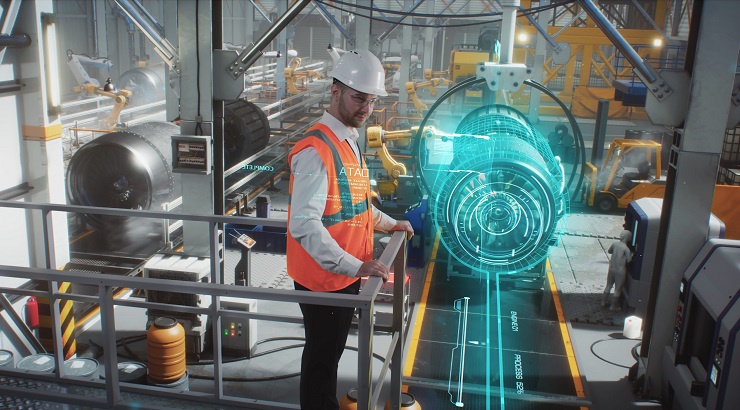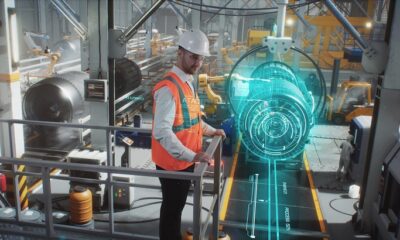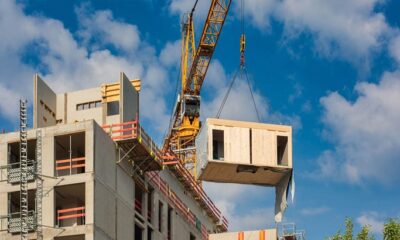Innovation
Caterpillar Foresees Major AI Disruption in Construction
The equipment maker sees AI as vital for enhancing business outcomes.

Caterpillar is “actively pursuing” Artificial Intelligence (AI) to enhance its own operations and benefit its clientele, the heavy equipment maker has disclosed.
The world’s largest construction OEM, commonly known as Cat, has highlighted its use of advanced technology to expedite engineering tasks, while adding that it is increasingly incorporating AI into its machines to enhance operations.
“AI is technology that can learn, adapt, and make decisions by processing and learning from data, simulating human cognitive functions like reasoning and problem-solving,” says Cat digital senior VP Ogi Redzic.
“AI includes several subfields such as machine learning, deep learning, and generative AI—which grabs the most attention.”
Machine learning involves computers learning from experience and autonomously making decisions or predictions based solely on data.
An example of machine learning usage, according to Caterpillar, is in Condition Monitoring – a suite of technologies that helps Cat dealers detect and identify issues and recommend service based on data from the machine itself.
Generative AI
Generative AI, or GenAI, for short, is a branch of AI focused on creating new content, such as images or videos, based on patterns learned from existing data.
Cat developers, for example, use GenAI to access proprietary data and obtain actionable insights without extensive searching through voluminous materials.
RELATED: Doosan Bobcat Bets on AI to Tackle Job Site Inefficiencies
The company also utilises digital technologies to develop customer solutions. For example, Caterpillar’s Condition Monitoring Advisors (CMAs) oversee the condition of Cat-connected assets in the field by evaluating incoming data.
Previously, CMAs had to extract data from multiple systems, conduct analysis, and provide customer recommendations—a highly labour-intensive task.
Leveraging Gen AI, CMAs now receive a succinct report containing automatically prepared and summarised data, along with pre-generated recommendations.
They can then evaluate the report and either approve or edit the recommendation. While human input is required, the time needed to prepare data and generate a recommendation is considerably decreased.
RELATED: Japan’s Komatsu Adds AI to Its Machinery
According to Jamie Engstrom, Cat’s IT senior VP, AI is likely to change how people interact with machines and design interfaces between systems.
“It’s fascinating and changing at a very rapid rate,” she says.
“We’ll continue to see the industry mature, and the accuracy of technologies like Large Language Models (LLMs) will improve.”
Cat has developed an Intelligent Automation Center of Excellence and a GenAI community of practice where staff members participate in AI use cases.












